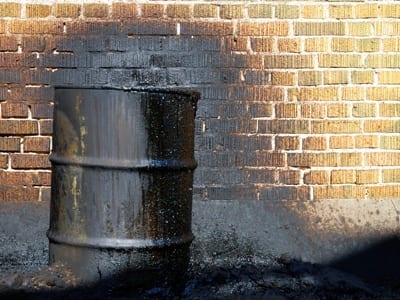The daily shipments of crude for July could be nearly fifty percent lower than the average in 2011.
Due to the Iran oil insurance sanctions by the European Union and those made by the United States, it looks as though the daily crude experts from that country could drop below the halfway mark when compared to 2011’s average in that month.
Two of the top buyers of Tehran’s crude, South Korea and Japan, have already ceased all of their imports in July as a result of the sanctions that were put into place on the first of the month by Brussels.
This Iran oil insurance embargo is an attempt to increase pressure against the country’s nuclear program.
It has been predicted that the July exports will drop to a maximum barrels per day (bpd) average of 1.1 million. The forecast will only remain that high if the top importer, China, continues its current levels. However, this is unlikely, as China is currently in disputes with the top tanker company in Iran regarding the freight costs. Eastbound cargo flow has already been delayed as a result.
Furthermore, India – another top buyer – may also be reducing its shipments.
India is the second largest importer of crude from that country, but Iranian shippers are struggling to locate tankers that are the correct size for the refiners in India, so that port constraints will not need to be done. Imports into India have been steadily declining throughout 2012, from having had an average 2.2 million bpd last year. The reductions are the direct result of importers complying with the sanctions from the E.U. and the U.S.
It was estimated that despite the Iran oil insurance sanctions already in place by the United States, there were still between 1.2 million and 1.3 million bpd shipped in June to India. The cuts being seen in July will represent a monthly loss to Iranian government revenue by about $3.4 billion. This is a significant setback to the country, which is already fighting to control its skyrocketing consumer prices and increasing unemployment rates.
Though Saudi Arabian supply boosts have sent crude prices down by 20 percent, the Iran oil insurance sanctions have held the market on edge due to the ever looming risk of supply disruption.

